One of your body’s most important glands, the thyroid, produces hormones that control your metabolism, which affects your weight, energy levels, vision, and even your heart. This butterfly-shaped gland sits on either side of your trachea. You may not be familiar with overlooked symptoms of thyroid disease, despite it being relatively common. Here is a list of twenty symptoms to never ignore.
What does a healthy thyroid gland do?
Normal thyroid glands produce hormones to keep your body’s metabolism working correctly. Hormones secreted into your pituitary gland (TSH) should constantly circulate through your blood. Your hormone levels go up and down as your blood changes. This regulation guarantees your T4 (thyroxine) levels stay steady and react correctly.
But sometimes, your thyroid gland doesn’t make the right amount of thyroid hormones. Your gland either produces too much or too little hormone, resulting in a slower metabolism (hypothyroidism) or overactive metabolism (hyperthyroidism).
Symptoms of hyperthyroidism and hypothyroidism
Both thyroid diseases are severe and require treatment. Some symptoms are similar, so you need a blood test to get an accurate diagnosis.
Two types of thyroid disease
Hyperthyroidism symptoms
- Weight loss
- Racing heart rate
- Nervousness
- Muscles weakness
- Tremors
- Missed menstrual periods
- Insomnia
- Eye problems
- Sensitive to heat and cold
Hypothyroidism symptoms
- Weight gain
- Too slow of heart rate
- Heavy menstrual periods
- Memory problems
- Dry skin
- Hair loss
- Hoarse voice
- Intolerance to cold
- Enlarged thyroid gland
Twenty red flags of thyroid disease
Do you experience these red flags?
1 – You might have thyroid disease if you feel cold all the time
If your hands and feet are icy cold even when the weather is warm, it could be a sign that you have thyroid disease. It’s an often ignored symptom of an underactive thyroid gland. If you’re always reaching for your sweater, especially when everybody else feels warm, don’t ignore this red flag of this thyroid problem.
2 – Fatigue may result from thyroid disease
Do you feel exhausted in the morning even if you’ve slept well? Extreme tiredness is a common sign of an underactive thyroid. When your hormones get off balance, it prevents your body from metabolizing food correctly. This results in low energy and fatigue. Feeling tired all the time could mean you’re in the early stages of thyroid disease.
3 – Weight fluctuations
Don’t ignore it if you notice the scale going up even when you’re dieting and exercising. Gaining or losing weight without trying are red flags that your metabolism isn’t working correctly.
4 – Your skin is a desert
Itchy, dry skin may be a sign your thyroid is out of whack. Your skin may look flaky and scaly. You may notice more wrinkles on your face and neck. These are sure signs that something isn’t right with your metabolism. If you’re constantly applying body lotion without results, you may be in the early stages of thyroid disease.
5 – Bald spots
If you notice an unusual amount of hair on your hairbrush or hair strands lingering on the sofa that doesn’t belong to your dog, you may suffer from hypothyroidism. Hair loss and even bald spots are common for individuals with thyroid imbalances.
6 – Forgetfulness
Did you forget where you put your iPhone or car keys? Or maybe you have trouble recalling a person’s name at work. These little experiences of forgetfulness are frustrating and embarrassing. If you’re having these foggy brain experiences more and more, it could be a sign your thyroid is off-balance. Healthy thyroid gland hormones tell your brain to signal your body, but if your thyroid isn’t producing enough hormones to send to your brain, you’ll experience brain slowness. Another red flag you may encounter is an inability to focus or think clearly.
7 – Constipated or diarrhea
If you notice you’re constipated or having a lot of diarrhea, it could be a red flag that your thyroid isn’t working right. Constipation is a common symptom of a slow functioning thyroid, while diarrhea could indicate an overactive thyroid gland.
8 – Swollen hand or feet
If you notice you can’t get your rings on because your hands are too swollen or your shoes feel tight, you may be suffering from edema. Edema is fluid or water buildup in your body. It’s common with thyroid disease. Swelling in your feet, ankles, legs, or hands could mean you have a thyroid disorder.
9 – Thyroid disease can cause vocal changes
Researchers say that even if you have mild thyroid failure, your thyroid hormones can cause changes to your voice. Hypothyroidism causes a low, coarse-sounding voice. Your voice may feel weak or tired. Hyperthyroidism may cause a similar problem with your voice, but it’s more typical with hypothyroidism. Other voice symptoms that can occur due to thyroid disease include:
- Loss of voice
- Hoarseness
- Trembling voice
- Breathing that you can hear
10 – Lost your libido
Have you lost that loving feeling lately? That’s a red flag that could show your thyroid levels are off. A low sex drive isn’t standard, but it’s sometimes a symptom of hypothyroidism.
11 – Feeling sad
Feeling moody and sad, along with other symptoms, could show hypothyroidism. Many people who struggle with depression and anxiety could have low thyroid. Doctors often miss this diagnosis. If you’re experiencing sadness, ask your doctor to do a blood test to check for low thyroid.
12 – Miscarriage or other pregnancy problems
Untreated thyroid disease may prevent you from getting pregnant or lead to a miscarriage. When your thyroid hormones are off-balance, it affects your ability to conceive. If you’re pregnant, your baby could be premature birth or low birth weight.
13 – Taste buds not working
When you have thyroid disease, food tastes strange. You may think it’s the food. The hormone imbalances affect your taste buds. This common problem goes unnoticed, but don’t ignore this red flag.
14 – Puffiness in your face
If your face looks unusually puffy or full, it could be a sign you’re struggling with thyroid problems. This puffiness could be because of extra fluid or weight gain. Other symptoms of hypothyroidism include:
- Puffy under eyes
- Swollen feeling tongue
- Swollen eyelids
- Puffy lips
15 – Vision problems
Another often misunderstood symptom of thyroid disease is vision problems. The fluid buildup around your eyes enlarges your eye muscles, so your eyes bulge out. You may have trouble focusing or have double vision. Eye doctors don’t always check for thyroid symptoms, so be sure to bring up the subject with your eye doctor.
16 – Carpal tunnel disorder
When you have extra fluid in your body, it affects your nerves, especially those in your hands. The fluid presses on the soft tissue in your wrist, causing pain. Numbness and tingling are carpal tunnel syndrome. Treating your thyroid disorder will eliminate this problem.
17 – High blood pressure
If you have an underactive thyroid, you may have high blood pressure. This is because the thyroid hormones aren’t working properly. This puts pressure on your heart as it works to move the blood through your body.
18 – Goiter
Goiter occurs when your thyroid gland swells. Different things cause it but could be because of a lack of iodine in your diet. Because your body doesn’t make iodine, you need to include it in your diet. Left untreated, especially in kids, iodine deficiency can lead to learning problems and hypothyroidism. To eliminate iodine deficiency, which was very common in the 1920s, iodized salt was introduced—this pretty much-eliminated goiter. But many parts of the world don’t have access to iodine in their foods. You can get iodine naturally from eating foods such as
- Beef liver
- Chicken
- Dairy foods
- Shellfish
- Seaweed
- Eggs
Don’t take iodine supplements unless you talk to your doctor first. Iodine won’t help if you have hypothyroidism. In fact, too much iodine can cause hypothyroidism.
19 – Trouble sleeping
If you suffer from chronic insomnia, don’t overlook thyroid disease. This is another common symptom of a thyroid disorder that gets overlooked, especially in women. You may feel hyperactive and nervous, along with your insomnia. If you’re experiencing insomnia and some other symptoms, take this as a red flag that you have a thyroid imbalance.
20 – Your family members have thyroid disease
Thyroid disease runs in families. If a parent, sibling, grandmother, or uncle has thyroid disease, you are genetically at risk. If you notice these symptoms, talk with your doctor and ask for blood work to confirm. It may take several attempts before they determine your diagnosis.
How can doctors treat thyroid disease?
Hypothyroidism can be treated easily with safe medication. Hyperthyroidism is harder to treat and regulate. Surgery to remove your overactive thyroid is often the best choice for a healthy life. After surgery, you may need to take medication as if you had hypothyroidism.
Final thoughts on identifying the red flags of thyroid disease
Thyroid disease often goes undiagnosed for a long time before you discover it. That’s because so many of the symptoms resemble other things going on in your body. If you notice these red flag symptoms, don’t ignore them. Get to the bottom of why you have these symptoms so you can get back to feeling your best.

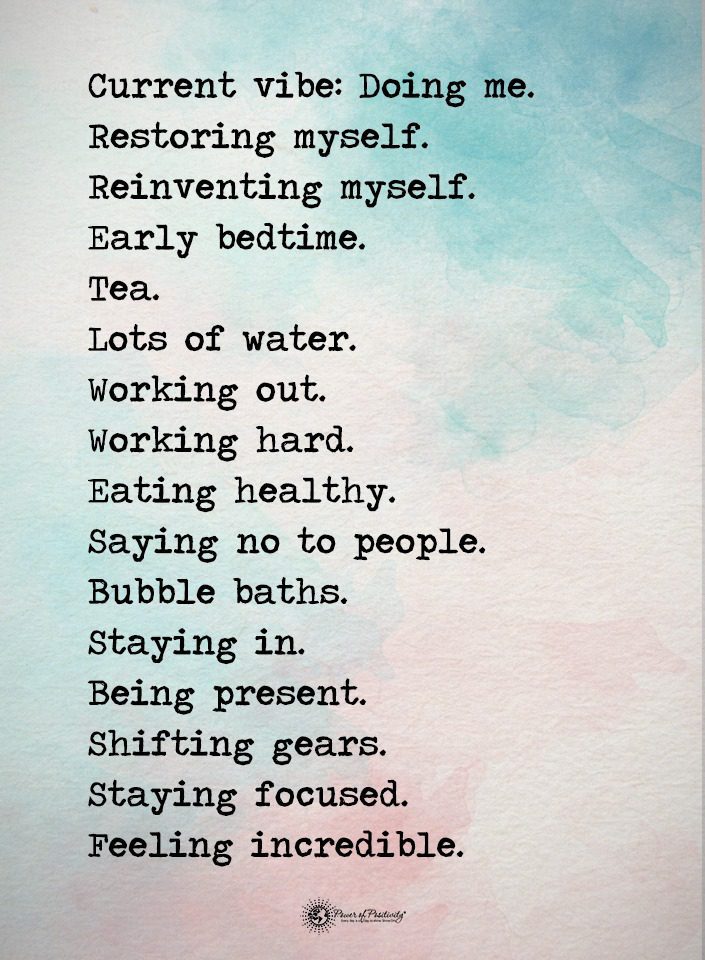
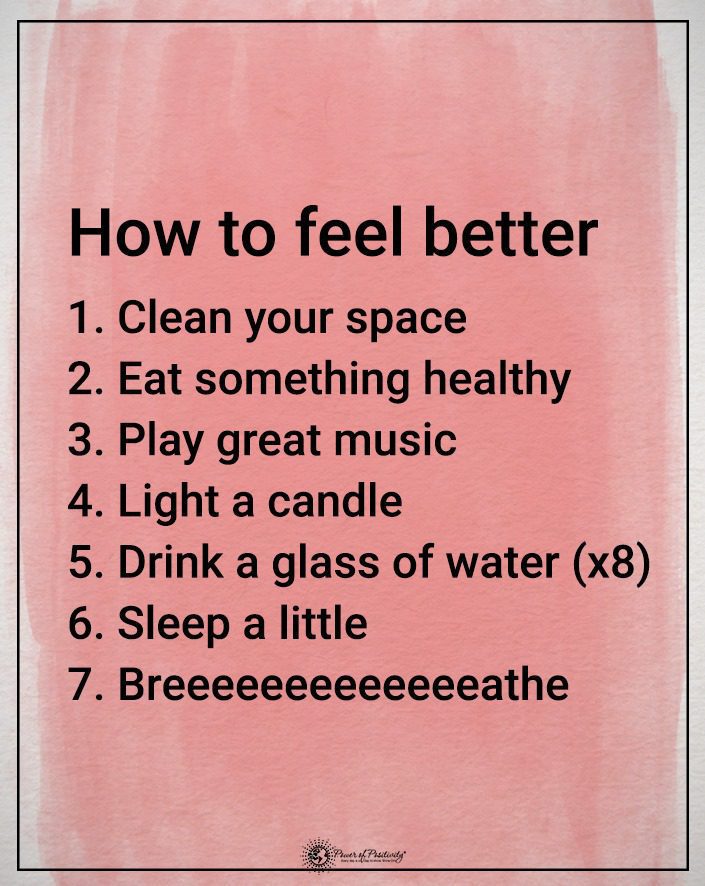
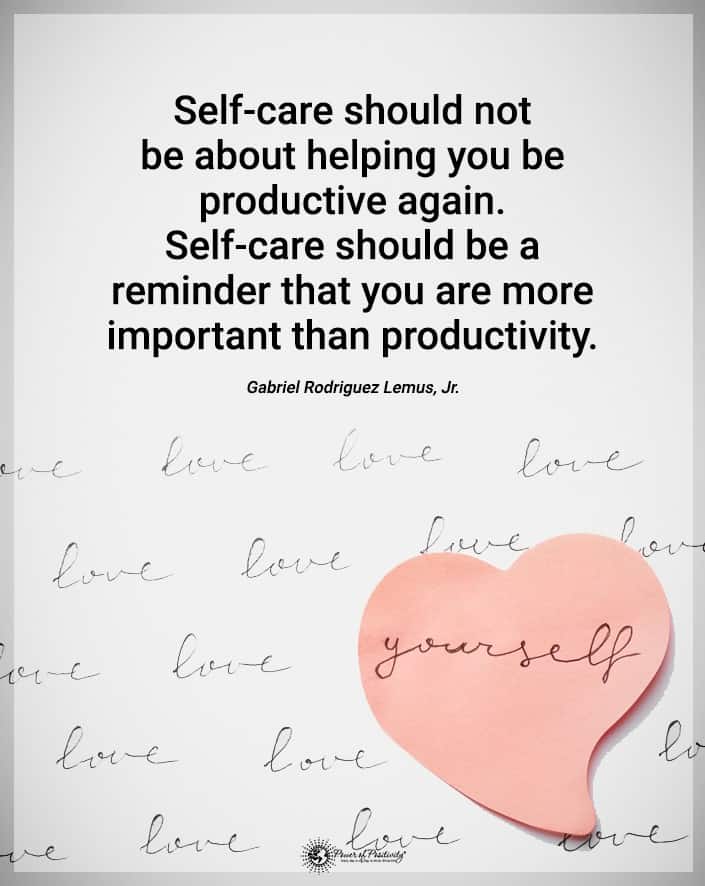



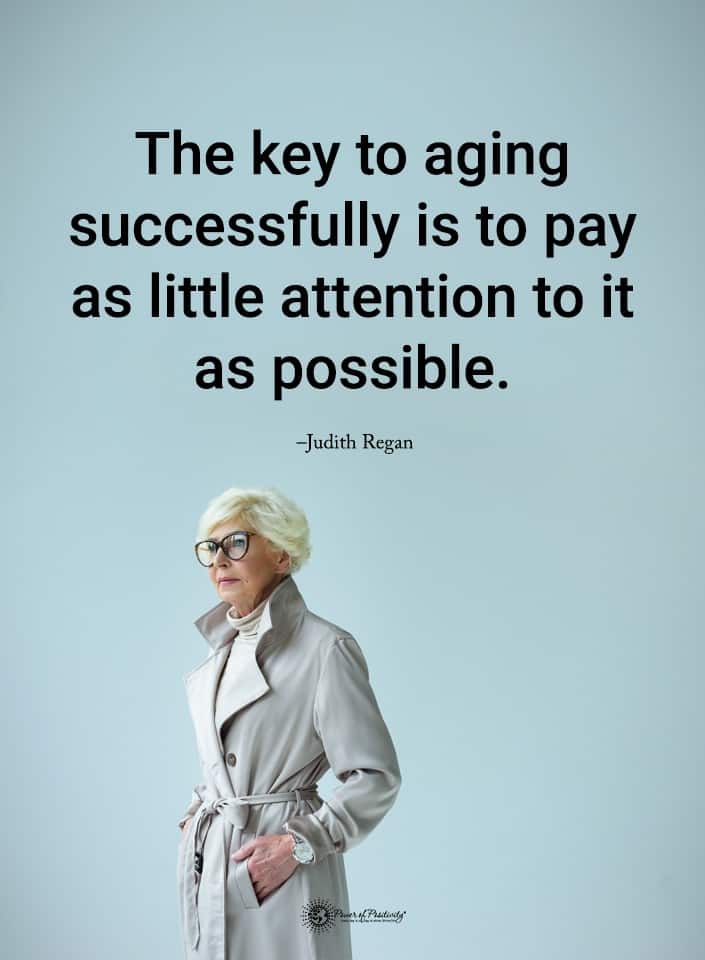




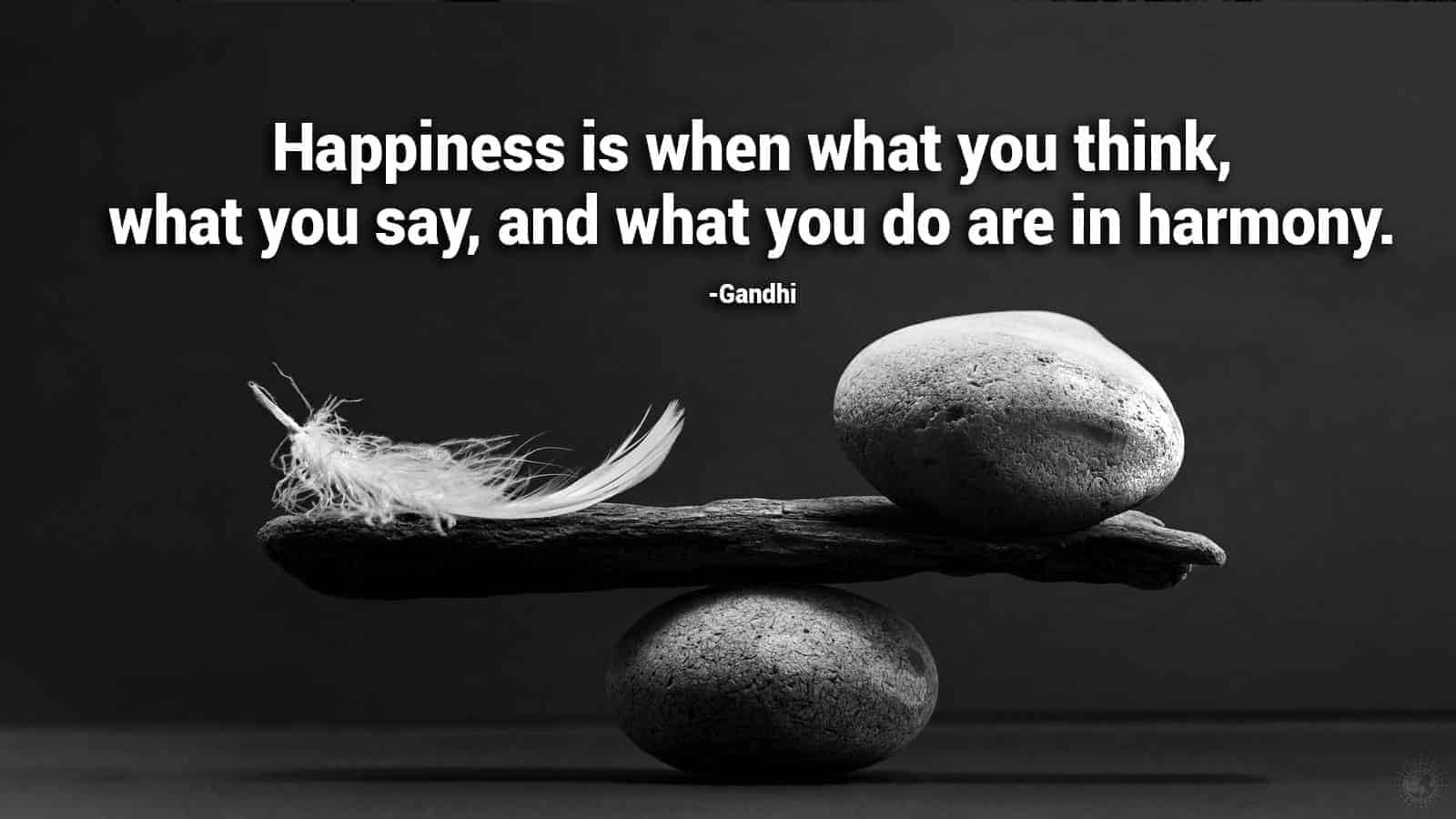


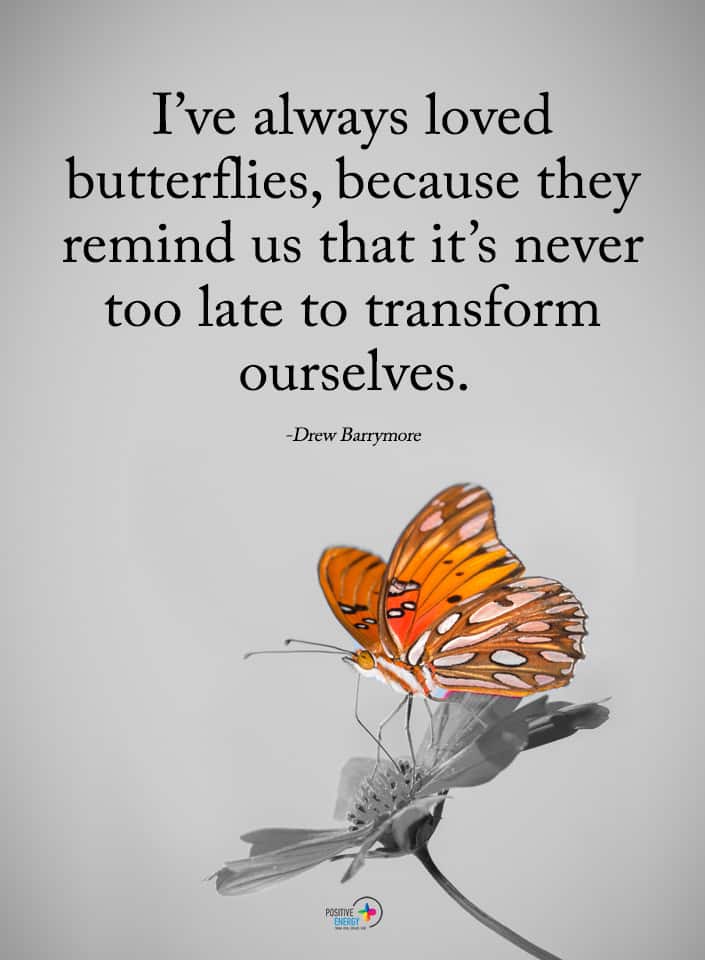 Final Thoughts on Ways Ego Causes Relationship Drama and Ways to Check It
Final Thoughts on Ways Ego Causes Relationship Drama and Ways to Check It




